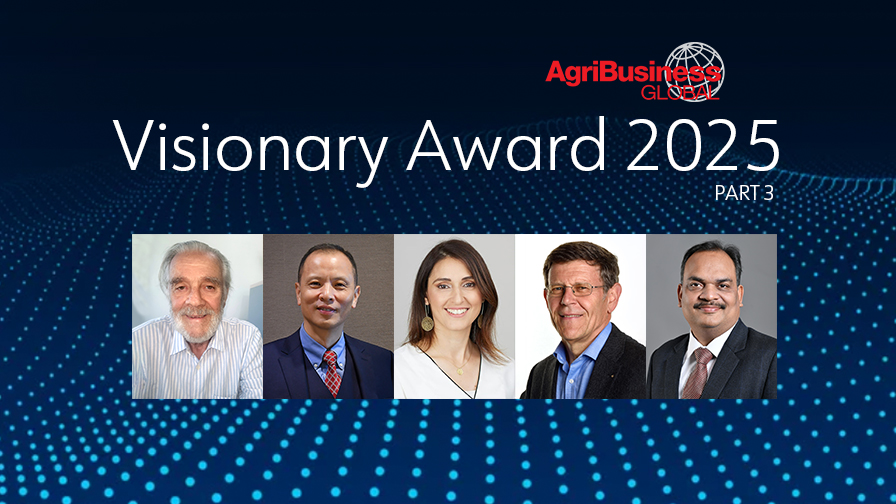Global TraPs Project to Explore Phosphorus Fertilizer Management
The third workshop of the Global TraPs project will take place August 29-30, 2011, in Zurich, Switzerland.
Dr. Amit H. Roy, IFDC president and CEO, and Dr. Roland W. Scholz, chair of the Natural and Soil Science Interface at the Swiss Federal Institute of Technology (ETH), are co-leading the Global TraPs project, according to the IFDC website.
About 70 participants from more than a dozen countries will gather to explore how humans can more sustainably manage phosphorus (P), particularly phosphate fertilizer. Through case studies, Global TraPs work groups will investigate, for example, how to prevent P from organic and inorganic fertilizers used on farms from running off into waterways, where it can drastically degrade living conditions for aquatic life, according to the release.
“Phosphorus is one of the key nutrients necessary to human, animal and plant life. Phosphorus is also a finite resource that must be used more effectively and efficiently,” according to Scholz and Roy in a statement. “By focusing on phosphorus from the supply chain perspective, the Global TraPs initiative seeks to bring greater understanding to a number of issues that confront humanity and our environment.”
Here,” science” participants are researchers from various disciplines with an interest in P management. “Practice” participants are producers and users of phosphorus, along with those facilitating their efforts, such as extension and development organizations.
Participants come from various organizations including the Food and Agriculture Organization (FAO) of the United Nations, the International Plant Nutrition Institute (IPNI), the United Nations Environment Programme (UNEP), mineral fertilizer and agricultural trading company Keytrade AG, as well as universities in Austria, Canada, China, Germany, Japan, South Africa, Switzerland, the United Kingdom and Vietnam.
Global TraPs stands for “Global Transdisciplinary Processes for Sustainable Phosphorus Management.” The five-year project (2010-2015) follows a transdisciplinary approach, a process designed to integrate perspectives from participants who represent diverse parts of society and generate knowledge to benefit mankind, according to the release. Another feature of this approach is that it allows for discourse, reflection and learning in a non-politicized and non-competitive arena that allows participants to identify options for more sustainable use of phosphorus.





